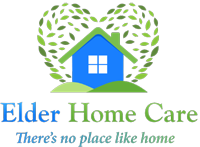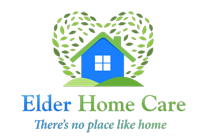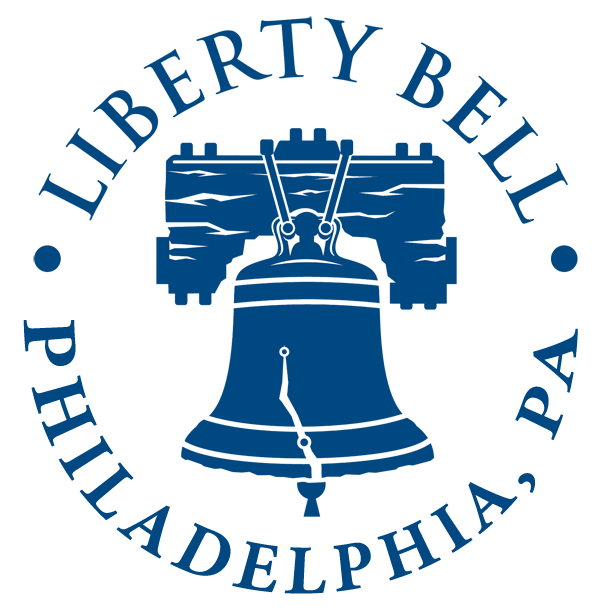Medication management can be a challenge for home caregivers. Seeing a variety of pill bottles on the bathroom counter is a commonplace as we age, but seniors and their loved ones must know what each medicine treats — and the possible side effects.
A quarter of people ages 65 to 69 take at least five prescription drugs to treat chronic conditions. According to the Washington Post, that number increases more than 45 percent for those between the ages of 70 to 79. Those numbers don’t account for over-the-counter vitamins or supplements.
That is a lot to oversee, but it can help to prevent injury. According to the Centers for Disease Control and Prevention (CDC), about 350,000 people are hospitalized because of adverse or harmful prescription drug-related incidents.
Medication mismanagement in older adults is often associated with harmful drug interactions or unintentionally forgetting to take prescribed medication. Learning about the steps for proper medication management can help keep loved ones safe.
Here are the best practices for safely monitoring medication intake.
Create An Up-to-date Medication List
Take inventory of all the medications your aging loved one currently needs. Write down the name, dosage, and what it treats. Take special note of how frequently each should be taken, whether it should be taken with food, what provider prescribed the medicine, and whether the medication is intended for long or short-term use. This list should also include all over-the-counter drugs, vitamins, or supplements as well.
Review the list of medications at your loved one’s next primary care appointment. This is especially important if your parent is prescribed medications from multiple doctors. Having a comprehensive master list can help medical professionals quickly spot any potential adverse drug interactions.
Read & Understand The Labels
While you’re reviewing the list of medications with your loved one’s doctor, ask any questions you may have about the prescription. Learn about all the possible side effects. A medicine’s effectiveness can vary depending on changes to weight or sleep patterns, so document if your loved one is experiencing any of these changes.
Store Medication In One Spot
Depending on how many medications your loved one is prescribed, the bottles can tend to end up in different places around the house, such as the bathroom, kitchen, or nightstand. Keeping all the medications in one place makes it is easier to manage and organize. It also reduces the chance that a dose is missed accidentally.
Properly Store Medications
Keeping medications in the same spot is an excellent rule of thumb, but, of course, there are certain exceptions. In general, medicines should be stored in a cool, dry place far out of reach from children and pets. That could potentially rule out the bathroom, which can be moist from the shower air. Some medications must be refrigerated. Follow the doctor’s instructions for storing, but make sure the bottle is properly labeled to prevent someone from unintentionally grabbing it from the fridge.
Plan Out Medications For The Month
We’ve all seen the day-of-the-week pill boxes that help manage medicines, but there are also larger containers that can hold an entire months’ worth. Presorting pills — on a weekly or monthly basis — can ensure all the medicines are taken at the proper dosage or not accidentally skipped entirely.
Schedule Medication Refills
Stick with one pharmacy — or pharmacist — and pre-schedule refills for all medications that will be needed for long-term care. This will streamline the process of getting medication, ensuring that it won’t unexpectedly run out. Many insurance companies and doctors offer convenient 90-day refills. Pharmacies will also notify if a prescription is running low if you sign up for their (often free) refill program.
Discuss Medication Compliance
Medications only work if they are taken as directed. Aging loved ones could be forgetful about taking their medicine or could be tempted to over medicate by upping a dosage to treat a condition quicker. (Note: If the medication is not working to provide relief as expected, it is safer to discuss with a doctor than to up the dosage without medical supervision.)
When medication is taken incorrectly, it could cause serious health risks and could even be fatal. Having an open conversation about proper medication intake can drive home the point. Remind your loved one that if a dose is missed or doubled-up on, they should call their doctor for advice.
Set Reminders
It is a challenge for seniors and caregivers to remember when to take each dose. Create a medication reminder system and a tracking log to ensure the right medications are taken at the correct times. Pen and paper is a simple way to note the name, dosage, and time of day the medicine is taken on a chart. Setting the alarm on a smartphone or clock is another way to regulate and monitor dosage.
Alzheimer’s Or Dementia & Medication
Medication management is no small task. It could become even more of an effort if your older loved one is confused about their medicine or has been diagnosed with Alzheimer’s or dementia. Seniors with cognitive impairment will likely need extra help with their medication management.
Elder Home Care caregivers, can be trusted to make sure medicines are always taken at the correct dose and at the proper time. Please call us at 516-405-5910 to learn more how we can help.








